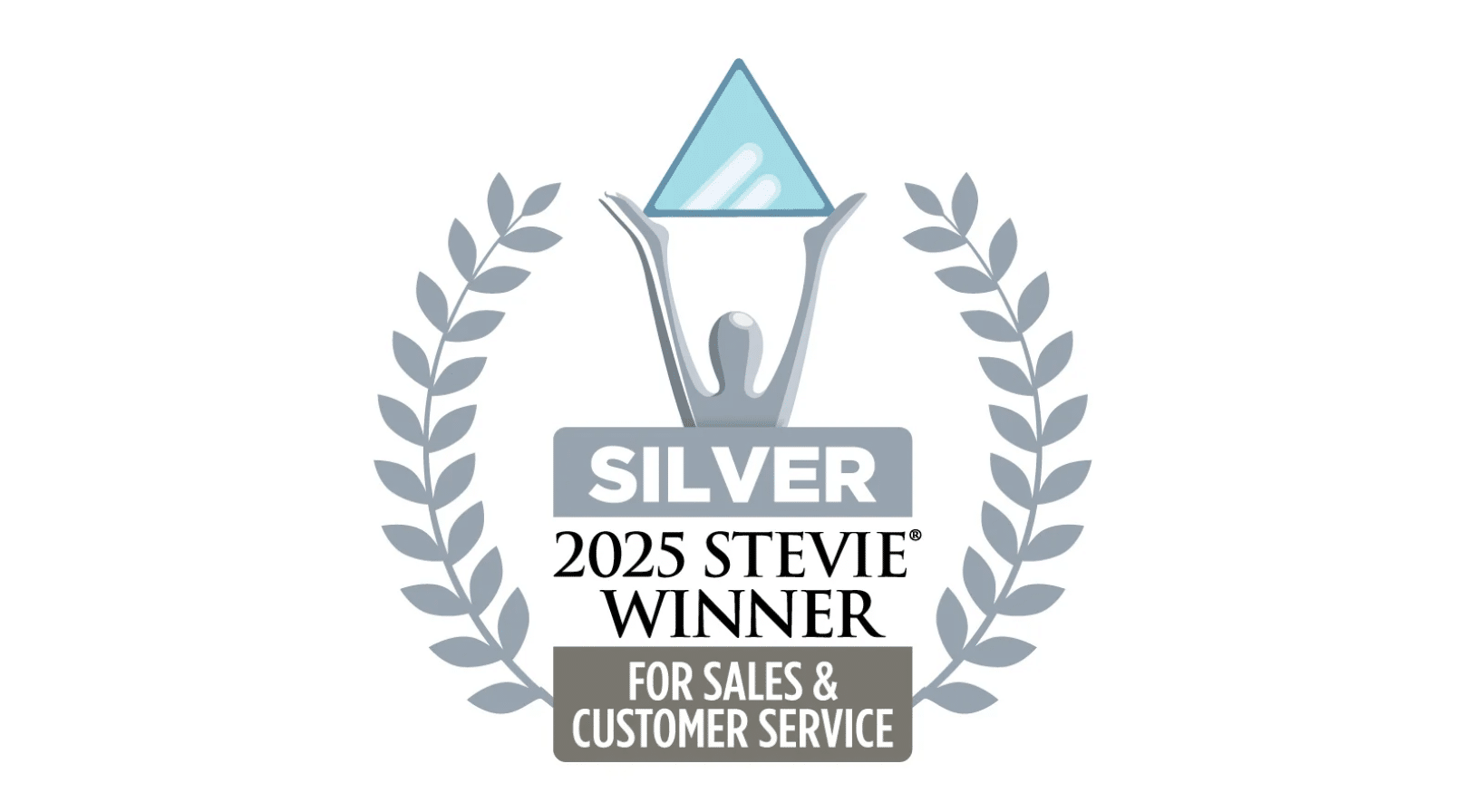This is where small business automation becomes crucial….
Small and medium-sized businesses (SMBs) are in a difficult position. On the one hand, you have to make do with limited resources. And, on the other hand, the expectations of your customers are (to a large extent) shaped by large enterprises with massive budgets and access to top talent.
To remain competitive and meet your customers’ growing expectations, you need to optimize your processes so they can do more work and provide a better quality of service. This is where small business automation becomes crucial – allowing organizations to do more with less and deliver higher quality service.
Automation Is Essential for Survival
Your business can’t afford to sit still because the world is constantly changing at a rapid pace. Only those who adapt and remain at the forefront of innovation get to enjoy long-term financial prosperity.
Not long ago, the most important factor determining the future of small and medium-sized businesses was their willingness to switch from paper-based to digital processes. Today, it’s virtually impossible to find a successful small business that doesn’t depend on digital technology for its success.
But just because all businesses use digital technology doesn’t mean that it no longer provides a competitive advantage. It certainly can. It just depends on how it’s used – how your small business automates its processes.

Research from Norwalk, CT-based Xerox indicates that up to 80 percent of organizations believe that automation is essential for their survival.
Other research, published by Redwood Software, makes it clear why so many SMBs consider automation to be so important.
According to this research, 79 percent of SMBs said automation delivered time savings, 69 percent cited improved business productivity as the key benefit of automation, and 61 percent said automation regularly provided cost savings.
Clearly, automation can help SMBs be more competitive by allowing them to accomplish more with less resources, which is why the global robotic process automation market is expected to reach a whopping $13.74 billion by 2028, up from just $1.6 billion in 2020.

There’s No One-Size-Fits-All Approach to Small Business Automation
Just because there are many small business automation solutions that you can implement doesn’t mean that doing so is a good idea.
There’s no one-size-fits-all approach because all SMBs rely on different processes, have different needs, and have different relationships with digital technology.
Still, there are some business areas where automation can be hugely rewarding:
- Customer Service: Automate responses to common inquiries using chatbots and AI-driven support tools (e.g., Zendesk & Intercom).
- Marketing: Use automation tools for email marketing, social media posting, and lead generation (e.g., Mailchimp and Hootsuite).
- Sales: Implement CRM systems that automate follow-ups, track customer interactions, and manage sales pipelines (e.g., HubSpot and Salesforce).
- Accounting: Use software to automate invoicing, expense tracking, and financial reporting (e.g., QuickBooks and Xero).
- Inventory Management: Automate stock tracking, reorder alerts, and supply chain management (e.g., Zoho Inventory and Ordoro).
These examples of how SMBs can apply automation to become more efficient and, as a result, more competitive merely scratch the surface of what’s possible with today’s digital technology.

Getting Started with Small Business Automation Is Easy
Business automation may seem to require highly technical skills and ongoing IT support, but that’s not really the case anymore. These days, there are many off-the-shelf solutions that small businesses can use to automate processes without writing a single line of code.
One excellent example is Microsoft Power Platform, which includes:
- Power BI: Business analytics service with data visualization capabilities.
- Power Apps: A solution that makes it possible to quickly build custom business apps.
- Power Automate: Low-code business process automation application.
- Power Virtual Agents: A platform for building powerful chatbots.
Microsoft Power Platform integrates with Microsoft 365, Dynamics 365, Azure, and hundreds of other apps, giving your business endless flexibility to automate in a way that suits you the most.
![Why Teal 2 e169359591626[1]](https://tealtech.com/wp-content/uploads/2025/03/Why-Teal-2-e1693595916261-1024x651.webp)
Grow More Competitive with Strategic Insights
If you would like to learn more about Microsoft Power Platform and other small business automation solutions that can help your organization become more competitive, contact a Teal business technology advisor. Our team of IT experts can help you make modern technology work for you.
We offer responsive and secure managed IT services to SMBs nationally, with local business IT solutions provided in:
Established in 2000, we enrich lives by delivering ultra-responsive services, prioritizing integrated cybersecurity, and investing in our staff.














